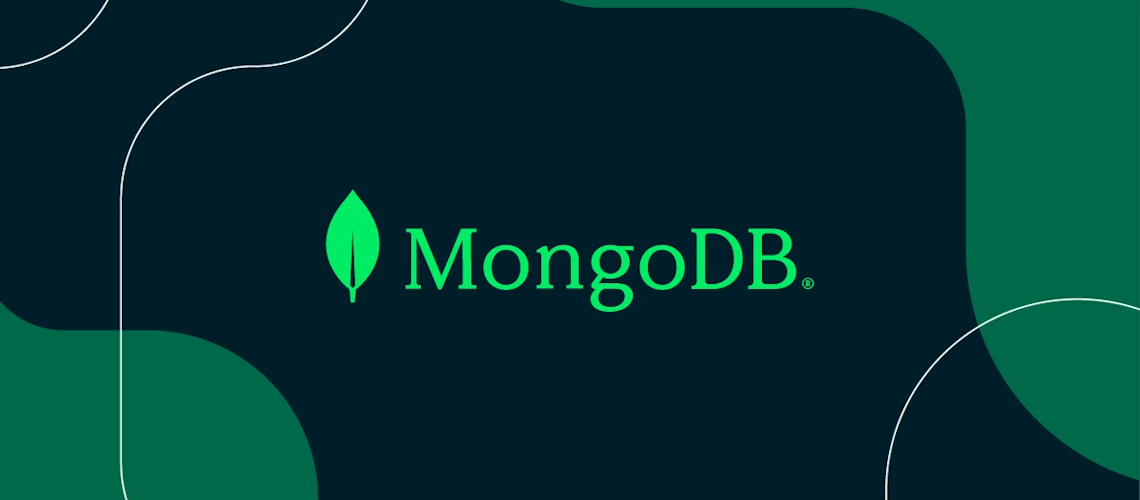Transitioning from Software Engineer to Product Manager: The Ultimate Guide

Explore a comprehensive roadmap in transitioning from a software engineering role to product management, uncovering key skills, responsibilities, and insights to excel in your new position. Unlock the path to a rewarding cross-functional career today.

Join 2000+ tech leaders
A digest from our CEO on technology, talent and hard truth. Get it straight to your inbox every two weeks.
No SPAM. Unsubscribe anytime.
With the growing demand for software solutions across industries, the tech landscape is witnessing an exciting intersection of roles. According to a LinkedIn report, there has been a 25% increase in software engineers transitioning into product management roles over the past three years.
“A great product manager has the brain of an engineer, the heart of a designer, and the speech of a diplomat”. – Deep Nishar.
But what drives this trend? Is it the allure of being at the helm of product development? Or the promise of exercising greater influence over organizational strategy? This post aims to serve as a comprehensive guide for software engineers who are contemplating a shift to the fast-paced, decision-centric world of product management.
Reasons for the Shift
Skill Overlap
At first glance, software engineering and product management may seem like separate disciplines. However, they share a common foundation: problem-solving. As a software engineer, you’re trained to tackle complex issues in coding, architecture, and algorithms. This skill translates well into the domain of product management, where you’re required to diagnose market gaps, optimize user experiences, and ensure the viability of a product. The two roles may use different languages—code versus market lingo—but they both aim to create value by solving problems.
Broader Impact
A software engineer’s contributions are often limited to the codebase and related technical aspects. Product managers, on the other hand, have a broader scope, often touching on marketing, sales, and even customer support. They can influence the entire product lifecycle, from ideation to release, and even post-launch strategies. If you’re looking to extend your impact beyond code, transitioning into a product management role can be a fulfilling experience.
Career Growth
In terms of financial and career growth, product management often offers accelerated paths. According to Glassdoor, the average salary for a product manager is approximately 30% higher than that of a software engineer. Not to mention, the role provides you with an opportunity to develop leadership skills that can propel you into higher managerial or executive positions.
Understanding the Role of a Product Manager

Responsibilities
Product managers are essentially the CEOs of their products. They’re responsible for defining the why, what, and when of the product that engineering will build. The role encompasses a range of tasks, from market research and roadmap planning to feature prioritization and stakeholder management. A typical day could involve meeting with design teams to fine-tune UI/UX, discussing timelines with developers, and analyzing user data to make informed decisions.
Skill Set
The role demands a unique blend of skills. On the technical side, you’ll need a deep understanding of software development processes. You don’t have to be a coding wizard, but you should understand the software architecture, trade-offs, and implications of various technologies. Beyond technical know-how, you’ll need excellent communication skills, a knack for data analytics, and a good grasp of business strategy.
Difference from Software Engineering
While software engineers focus on “how” to build a solution, product managers are concerned with “what” to build and “why“. They deal with a broader spectrum of concerns, including market needs, profitability, and customer satisfaction.
Preparing for the Transition

Self-Assessment
Before making any significant career change, it’s crucial to perform a self-assessment. Gauge your interest in business strategies, market trends, and consumer psychology. If these topics excite you as much as solving a tricky algorithm does, you’re on the right path.
Skill Development
There’s a range of skills you’ll need to acquire or hone. These may include market research, customer interviews, and A/B testing methodologies. Some excellent online courses cover these topics in depth, and investing in them can provide a robust foundation.
Networking
Connect with existing product managers to gain firsthand insights into the role. Try to attend industry events, webinars, and online forums to expand your network. Conversations with those already in the field can provide valuable perspectives that no online course or book can offer.
Courses and Certifications
Several esteemed institutions offer product management certifications. Earning a certification can not only provide you with theoretical knowledge but also signal to employers that you’re committed to the role.
Actionable Steps for a Smooth Transition
Internal Mobility
If you’re already working for a tech company, explore the possibility of internal mobility. Many organizations are more open to letting employees transition roles internally. Reach out to your HR department to discuss potential opportunities.
Side Projects
Engaging in side projects that involve product management can offer practical experience. Whether it’s a small app or a community project, taking the helm on development can be both fulfilling and educational.
Mentorship
A mentor can guide you through the transition, help you understand the intricacies of the role, and even introduce you to valuable industry contacts. Look for mentors within your network or platforms specifically designed to connect mentors and mentees.
Job Applications and Interviews
When applying for roles, tailor your resume to highlight any project management or leadership roles you’ve undertaken as a software developer. During interviews, draw parallels between your engineering experience and how it can add value to a product management position.
Challenges and How to Overcome Them
Skill Gap
The most daunting challenge is often the skill gap. Courses and networking can only take you so far. Consistent practice and real-world experience are key to overcoming this. Work on collaborative projects or freelance gigs to gain practical insights.
Credibility
Since you’re transitioning from a different field, you’ll need to establish your credibility. Garnering some initial experience through internships or projects can be helpful. Certifications also add weight to your credentials.
Adaptation
Adapting to a new role can be emotionally and psychologically taxing. It’s a significant change from a structured engineering role to a more fluid, multi-disciplinary product management role. Patience and resilience are your best allies here.
Case Study

Once a coder at MongoDB, Maria van Keulen found joy in explaining tech tales. Curious, she eyed a Product Manager role, dreaming of crafting product stories. Though initially missing the spot on her team, fate smiled as she landed a unique PM role elsewhere in the company. Merging her coder’s know-how with new PM tasks, she made waves in their internal tools, like the Evergreen CI/CD system. Maria’s adventure shows how one’s technical chops can open doors to exciting narrative-driven roles, painting a picture of an exhilarating career switch within MongoDB.
Conclusion
Transitioning from software engineering to product management is not a leap but a calculated pivot, leveraging your problem-solving skills into broader business contexts. As we’ve explored, the roles share similarities but require different approaches and skill sets. With targeted preparation, skill development, and real-world practice, this transition is not just achievable but can also be incredibly rewarding.
Additional Resources
- “Inspired: How To Create Products Customers Love” by Marty Cagan
- My transition story from Software Engineering to Product Management
So, are you ready to make the leap from software engineering to product management? We’d love to hear about your experiences and challenges in the comments below.
Tags: career, development, engineering, guide, leadership.


